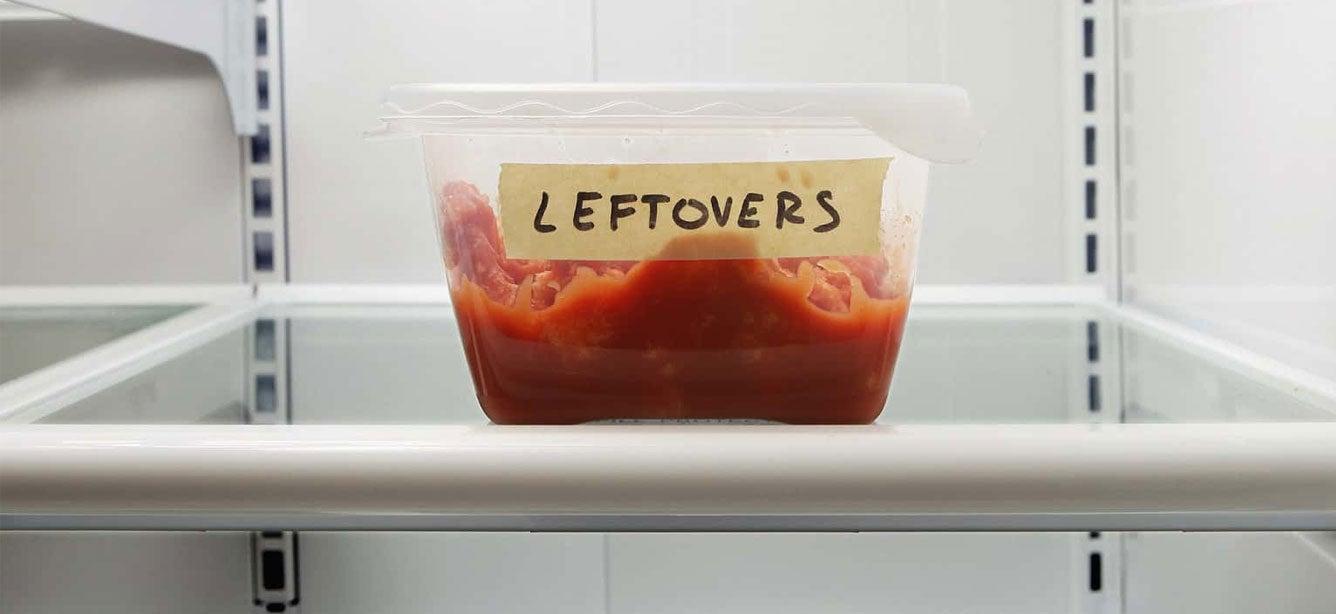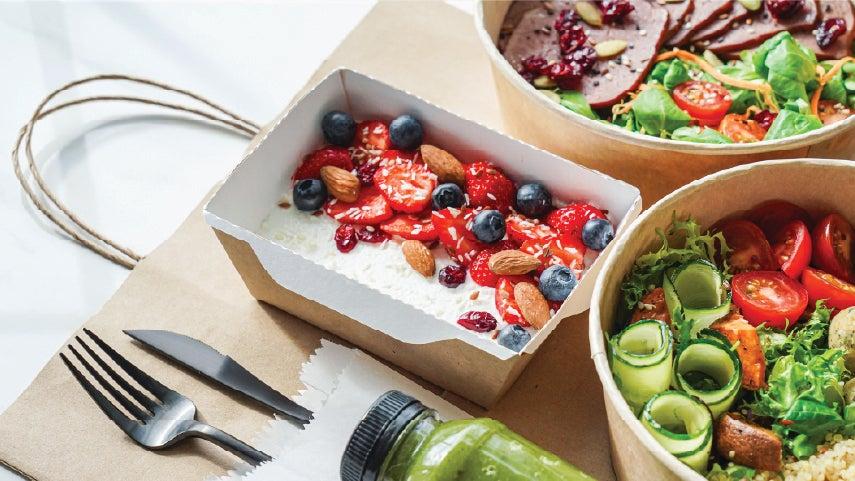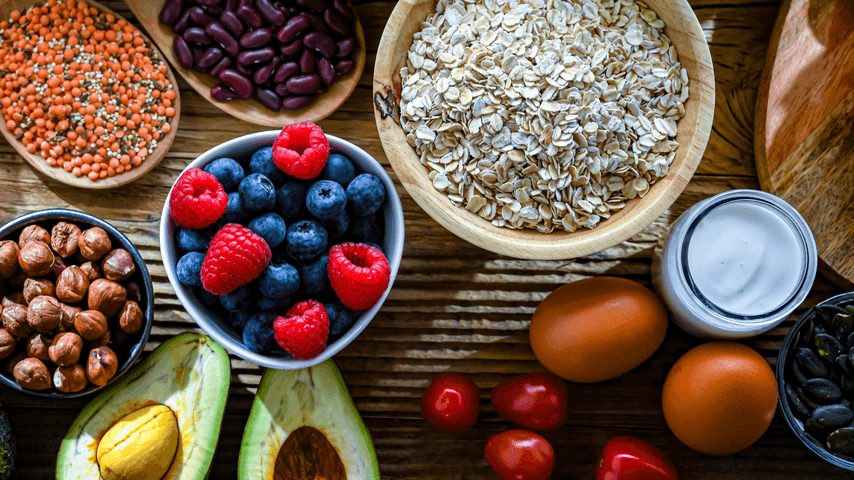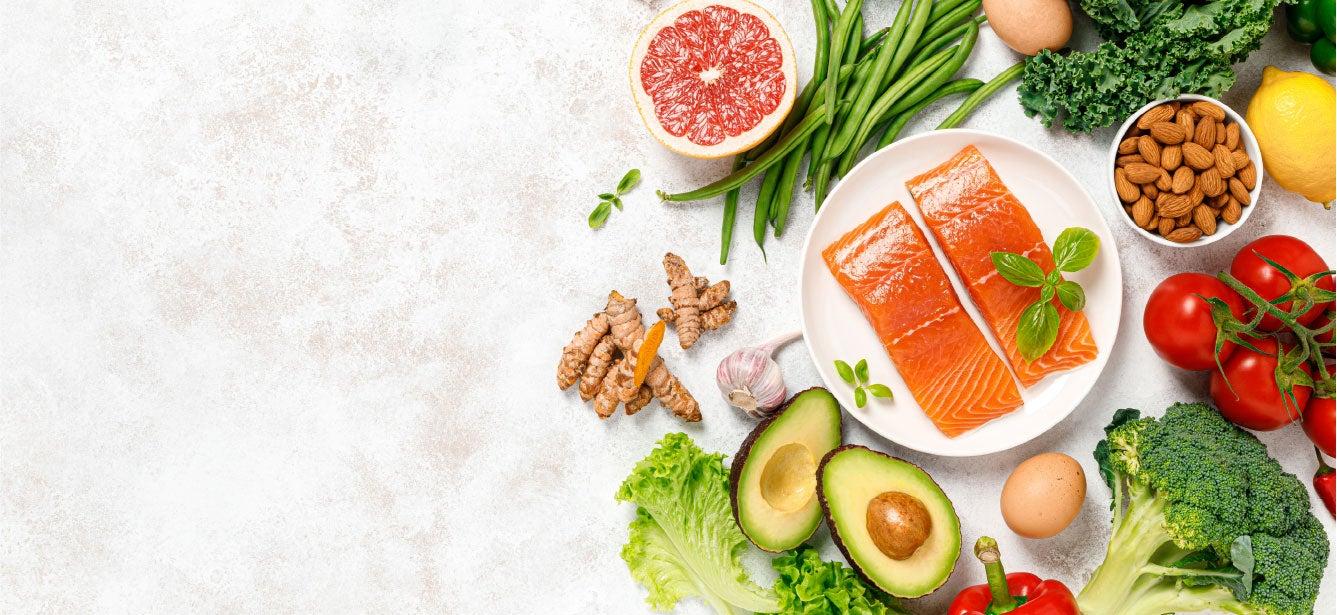
Related Topics
As we emerge from the coronavirus pandemic, it’s heartening to remember the outpouring of generosity to older adults from friends and neighbors, often in the form of donated meals. It was also wonderful to see those pitching in by doing the shopping, cooking, or food delivery to older adults in need. But just because this global health crisis is over, it does not mean that we can stop following steps to prepare and store food safely.
Whether you are a home cook, a recipient of a pre-made covered dish on your doorstep, or a caregiver preparing food for your loved one, everyone should keep basic food safety practices in mind.
Here are some Food Safety 101 tips for any time and any occasion:
1. Wash hands and all kitchen surfaces thoroughly
Pay attention to personal hygiene: Wash your hands for 20 seconds before, after, and while preparing food. Also, keep counter tops and cutting boards clean.
2. Clean and separate food items
Wash fresh produce before eating or cooking. Separate raw meat, seafood, and poultry from ready-to-eat foods. And, while the CDC says there’s no evidence that food or food packaging transmits the coronavirus, harmful germs and bacteria can survive in foods and on equipment unless you follow safe handling practices.
3. Cook and store food properly
Always cook food to its proper temperature using a food thermometer and keep any foods that need to be chilled in the refrigerator. Refrigerate leftovers within two hours. Many leftovers will keep up to four or five days in the refrigerator and up to six months in the freezer. Get details from the U.S. Food and Drug Administration (FDA) food storage tips.
4. Inventory your pantry and refrigerator
Check and discard items past the "Use By" date. Remember the "Best if Used By" date indicates best flavor but is not a safety date. Most canned goods such as soups can last two to five years. For more specific information, check USDA’s FoodKeeper.
5. Check the food label to make the best choice for you
Some food choices more than others can help you feel your best and stay active. The food label provides helpful information for those who are monitoring certain nutrients, such as those individuals reducing salt, cutting back on sugar or minimizing intake of highly processed foods.
6. Minimize trips to the grocery store and make healthy choices
Many supermarkets are responding to the coronavirus pandemic by creating special hours for vulnerable guests and older individuals. Make a point to shop during these hours and stock your basket with healthy choices from all food groups, including whole grains, lean meats, fruits, and vegetables. If fresh is not an option, choose frozen and canned alternatives which are often more budget friendly.
Additional information
EatRight.org, Food Safety.gov, and the American Heart Association all have additional tips for food safety practices to help you stay safe and maintain a well-balanced diet.


